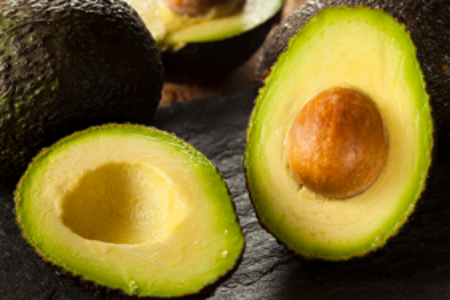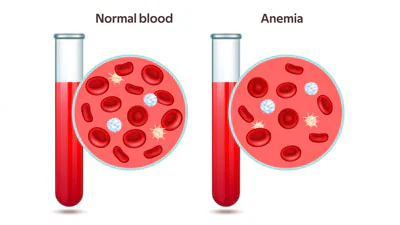
Pyridoxine or vitamin B6 has multiple functions in our body from the moment we are conceived.
Vitamin B6 is a key nutrient for our brain, essential for its development during pregnancy and infancy. It also helps our brain produce neurotransmitters that are involved in mood regulation and pain, and it may help prevent cognitive decline as we age.
Plus, it has a key role in breaking down homocysteine to make cysteine. These two are non-essential amino acids made from the essential amino acid, methionine. When we have too much methionine in our diets, and not enough vitamins B6, B9 and B12, we end up with excessive homocysteine. This condition increases the risk of stroke, Alzheimer’s disease, Parkinson’s disease, cardiovascular disease, muscle strength loss, cancer, and more. For this reason, vitamin B6 is key in protecting our brain, our heart, our muscles, and more.
Other vitamin B6 functions include supporting our metabolism, helping us produce hemoglobin (the protein in our red blood cells that delivers oxygen to our body tissues) and supporting our immune function.
Getting adequate intake levels is easy because vitamin B6 is present in many plant-based foods, including nuts, legumes, seeds, leafy greens, vegetables, and bananas! A favorite food among infants.
Scroll down to use our personalized vitamin B6 intake calculator, to see some of its top plant-based sources, to learn more about cysteine and homocysteine, and to discover other interesting facts.
Top Whole-Food, Plant-Based Sources
Hover over each food below to see how much vitamin B6 or pyridoxine you can get with one serving. Click on each food’s picture to visit its interactive page with a personalized calculator of all the nutrition you can get from one serving, more information about how it supports our body, tips to choose and prepare it, interesting facts, and more!
Vitamin B6 Personalized Calculator
See how much vitamin B6 or pyridoxine you and your family members need, according to the Dietary Guidelines for Americans, 2020-2025.
Terminology:
- Daily Value (DV): The recommended amount of nutrients to consume each day for individuals who are 4 years old or older.
- Recommended Daily Allowance (RDA): The recommended amount of nutrients to consume each day according to the individual’s age, gender, and whether a woman is pregnant or breastfeeding.
- Upper Intake Level (UL): The highest amount of nutrient intake that will not pose adverse health effects on most individuals.
Important Things to Know
Comparison of vitamin B6 Sources
You may be wondering about other potential sources of vitamin B6, such as supplements and animal-based foods. Below we make a quick and simple comparison between our three options.














